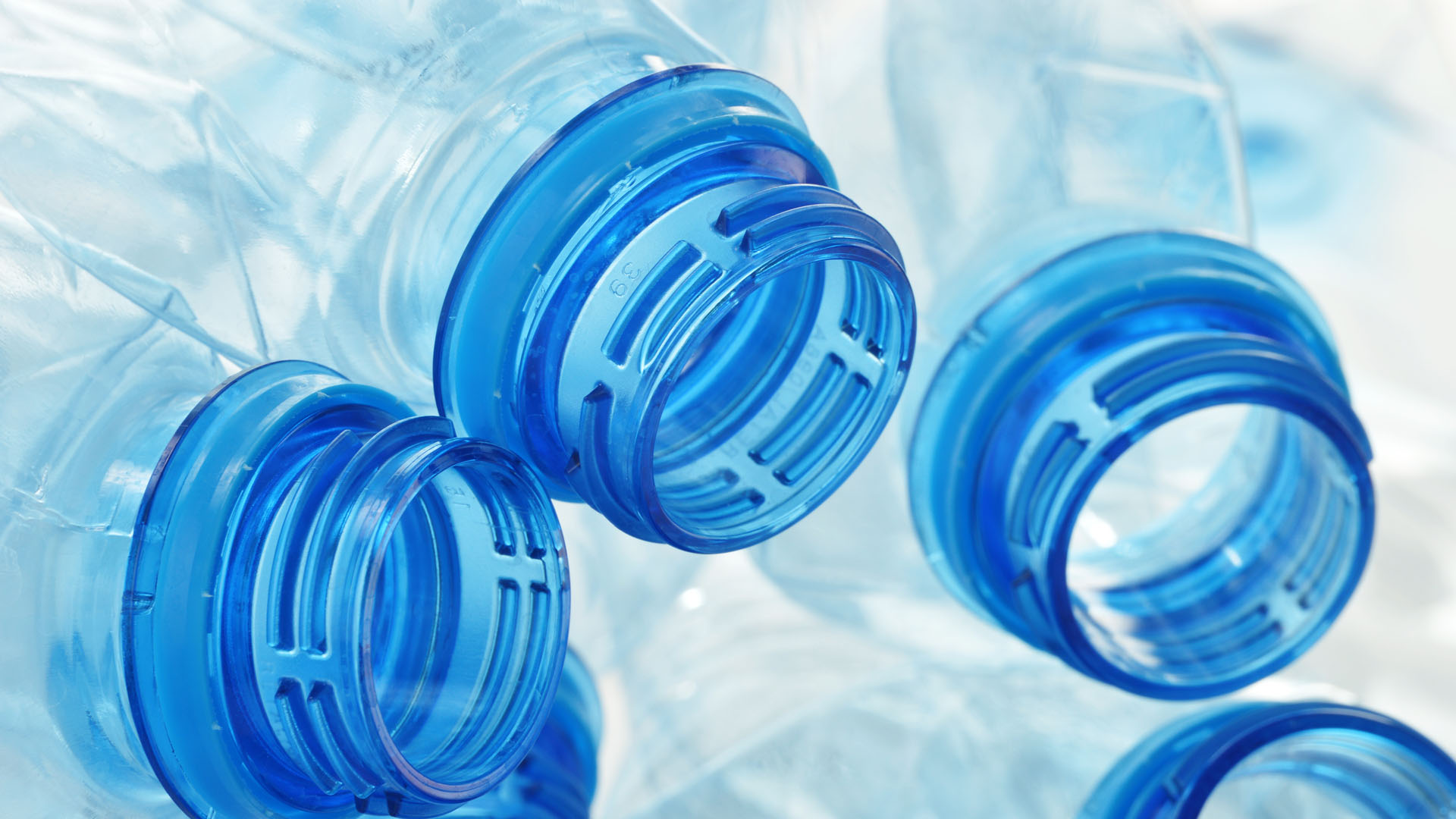
How Plastic Can Influence Fertility
Bisphenol A, which is known simply as BPA, is a synthetic compound that is commonly found around the stores and homes.
You have likely seen “BPA-free” labels on different plastic bottles. The problem is that there is a lot of evidence that shows BPA can have a negative impact on your health. Once of the most concerning things, especially if you are trying to conceive a child, is that it can be an endocrine disruptor.
This means that it can contribute to reproductive, developmental, and thyroid issues. By reading on, you can see how plastic and BPA can affect both male and female fertility.
BPA and Female Fertility
There is a link between high levels of BPA exposure and female infertility. High levels of BPA can reduce the number of oocytes that can be retrieved and implantation failure, among other things. This is often an issue that that wasn’t diagnosed until recently, but now it’s commonly seen in women who are struggling with infertility.
An important thing to look at is that the way the BPA disrupts female fertility. It can have an impact on Gonadotropin-releasing hormones (GnRH) and deregulate the hypothalamus pituitary ovarian axis.
The GnRH is incredibly important to fertility because it’s responsible for releasing the sex hormones LH (luteinizing hormone) and the FSH (follicle stimulating hormone) from the body’s pituitary gland. These hormones regulate the menstrual cycle and play a major role in fertility.
BPA is also a problem after conceiving, as nursing mothers can have BPA in their breastmilk which passes onto the child, and during pregnancy. This can lead to a variety of different issues for the fetus and nursing mothers.
BPA and Male Fertility
BPA can also negatively impact male fertility. There is evidence that BPA can interfere with regulating spermatogenesis, leading to defragmentation of the sperm. It is widely recognized as potentially causing issues including altered testis development, impaired endocrine function, and abnormal semen parameters. An increased level of BPA in the system can increase the risk of a lower sperm count and sperm motility.
This is important to consider if you are noticing issues with your sperm count. You can be tested to see what your BPA levels are so that you can determine if this is the issue causing your problems. If so, you should do what you can in order to limit your BPA exposure by carefully reading labels and looking for non-plastic items.
Conclusion
People may think that since BPA isn’t banned, that it isn’t that big of a deal. However, BPA has been banned on specific items, such as sippy cups and baby bottles. Various organizations have long been calling for a ban on BPA products in order to ensure that people are as safe as possible. There’s an emphasis on purchasing BPA-free products, especially in recent years.
The issue is that other plastics may have similar compounds that can be just as hazardous to your health and the health of your family. Avoiding plastic items as much as possible can be a big help here, as well as keeping your plastic items far away from the heat to limit your BPA exposure.







